Hot News
-
Quick Links
- Biography
- Technology
- Business
- Sports
Ugandan dental surgeon, businessman, and community leader, Dr. Martin Jerome Okec Aliker, passed away at 95. He advised presidents and chaired boards for numerous Ugandan companies, also serving as chancellor of Victoria University Uganda and founding chancellor of Gulu University from 2004 to 2014. Born in Gulu District on October 21, 1928, to Rwot Lacito Okech and Julaina Auma, he…
Socialite and media personality Sheilah Gashumba has reason to celebrate as she takes on the role of Chief Executive Officer at NRG Radio, Uganda. The station, launched just shy of two years ago, has quickly gained popularity in Kampala, particularly among urban youth, broadcasting on 106.5 FM.Gashumba's journey with NRG Radio began on February 10, 2023, when she joined as…
Humphrey Mayanja, the elder brother of Jose Chameleone, Pallaso, and Weasel, has passed away after a battle with cancer at the Mulago-based Uganda Cancer Institute. Chameleone shared a heartfelt image of Humphrey on his Facebook page, accompanied solely by his name and a crying emoji. Humphrey's health issues came to light last July upon his return to the US from…
Nigerian Singer RudeBoy coming to Uganda, reportedly set to perform Nakudata by…
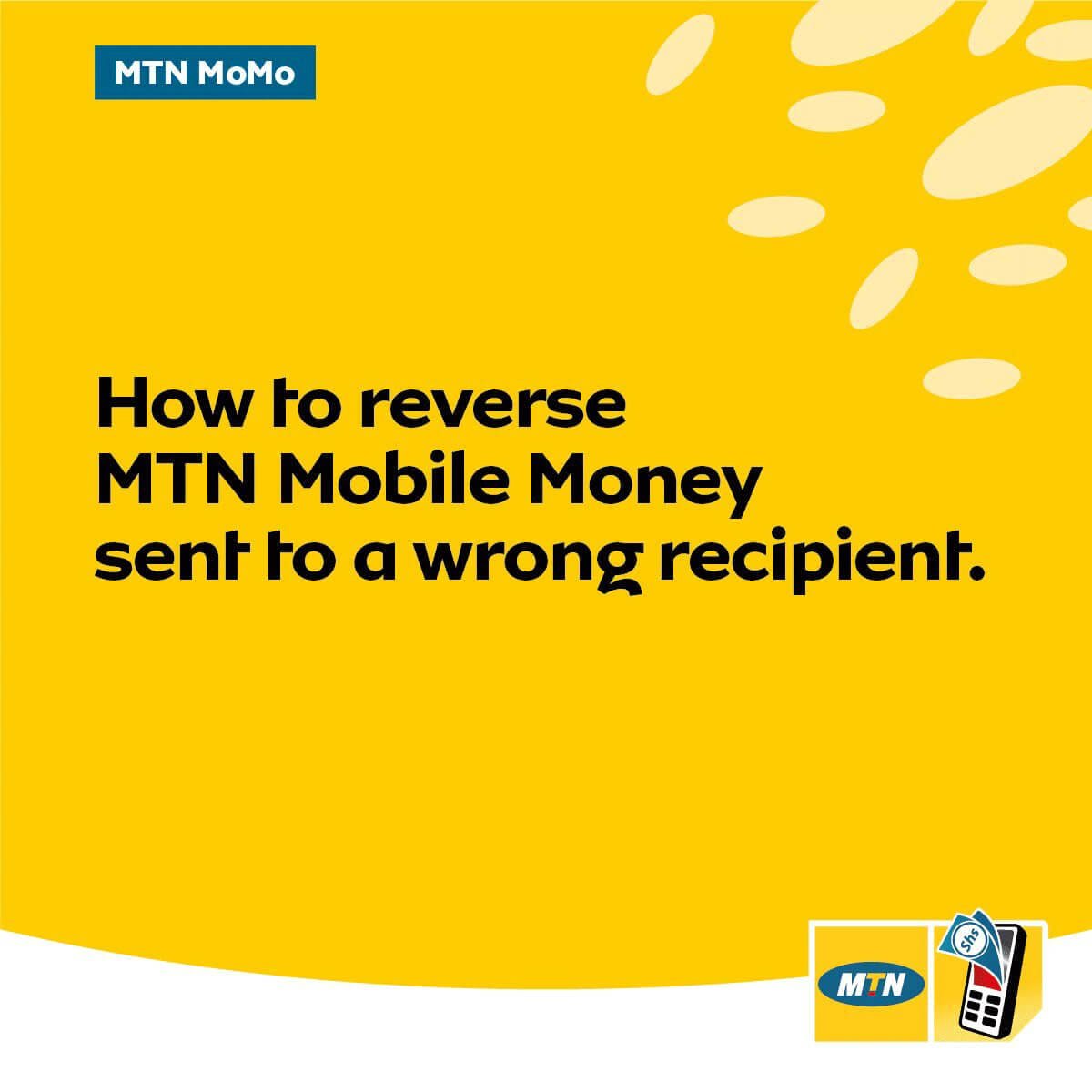

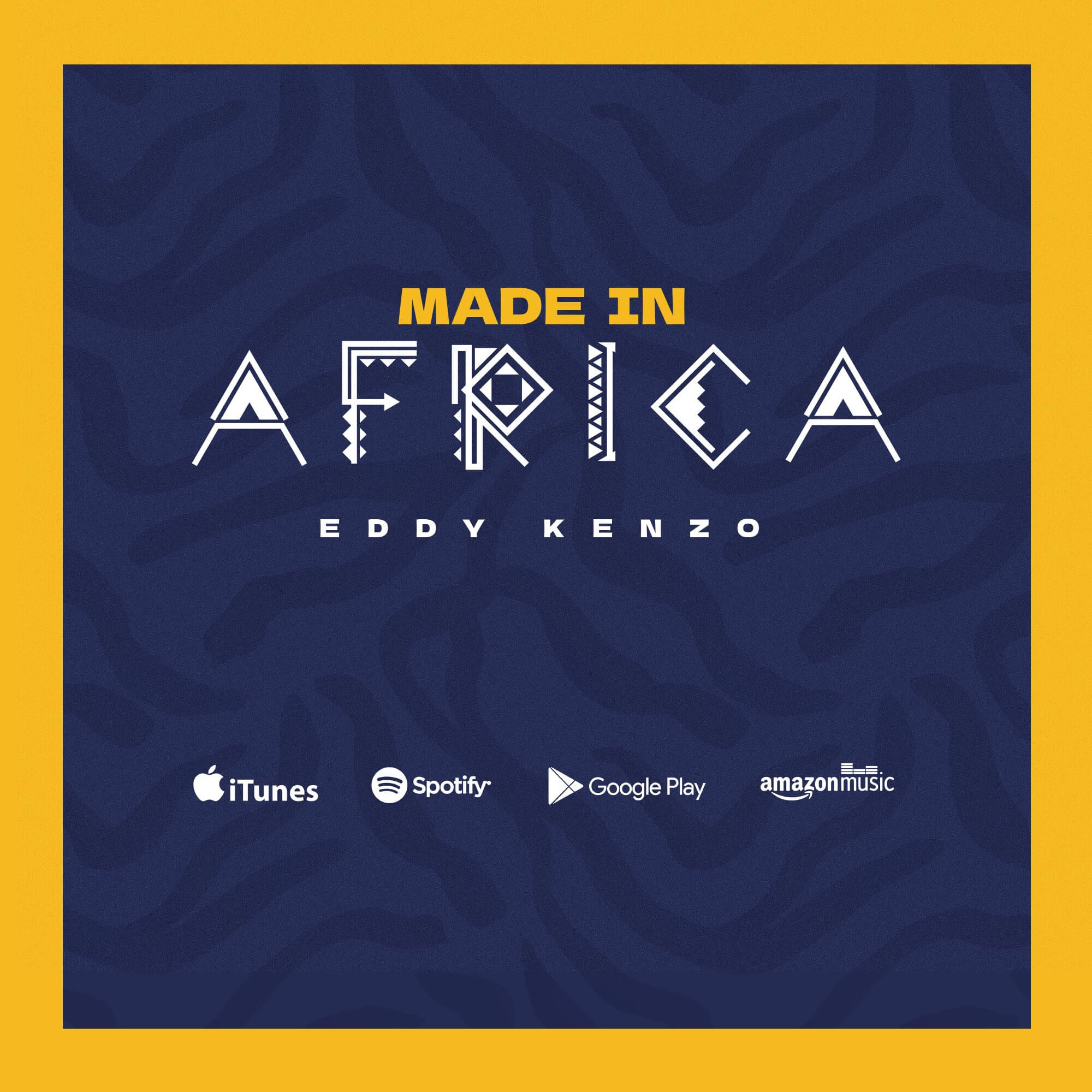

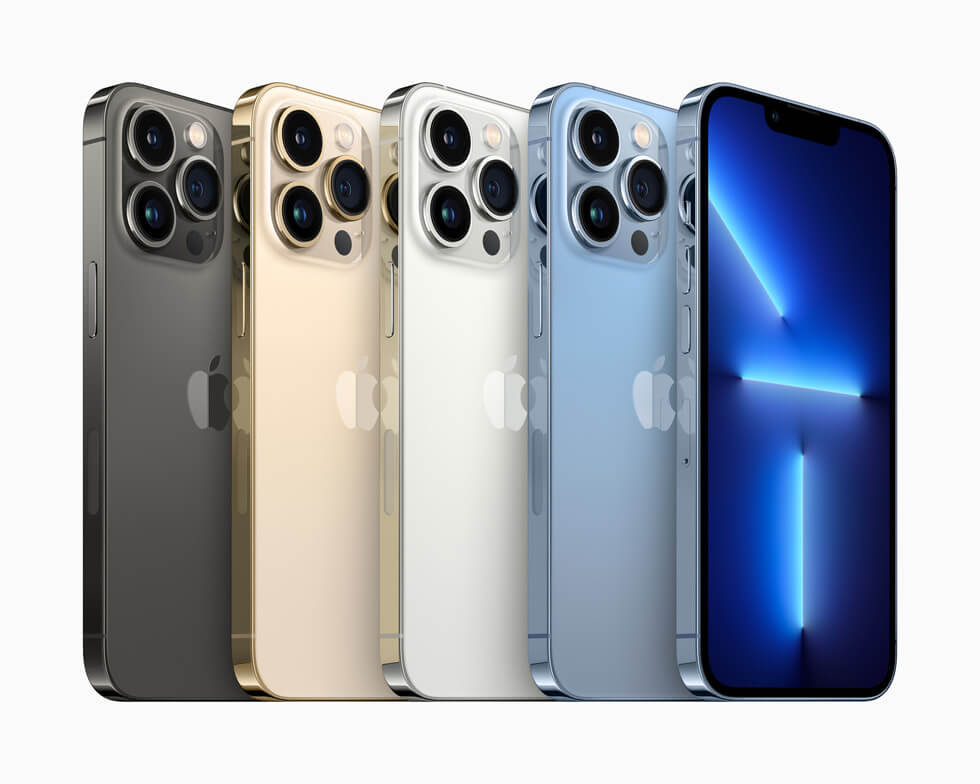

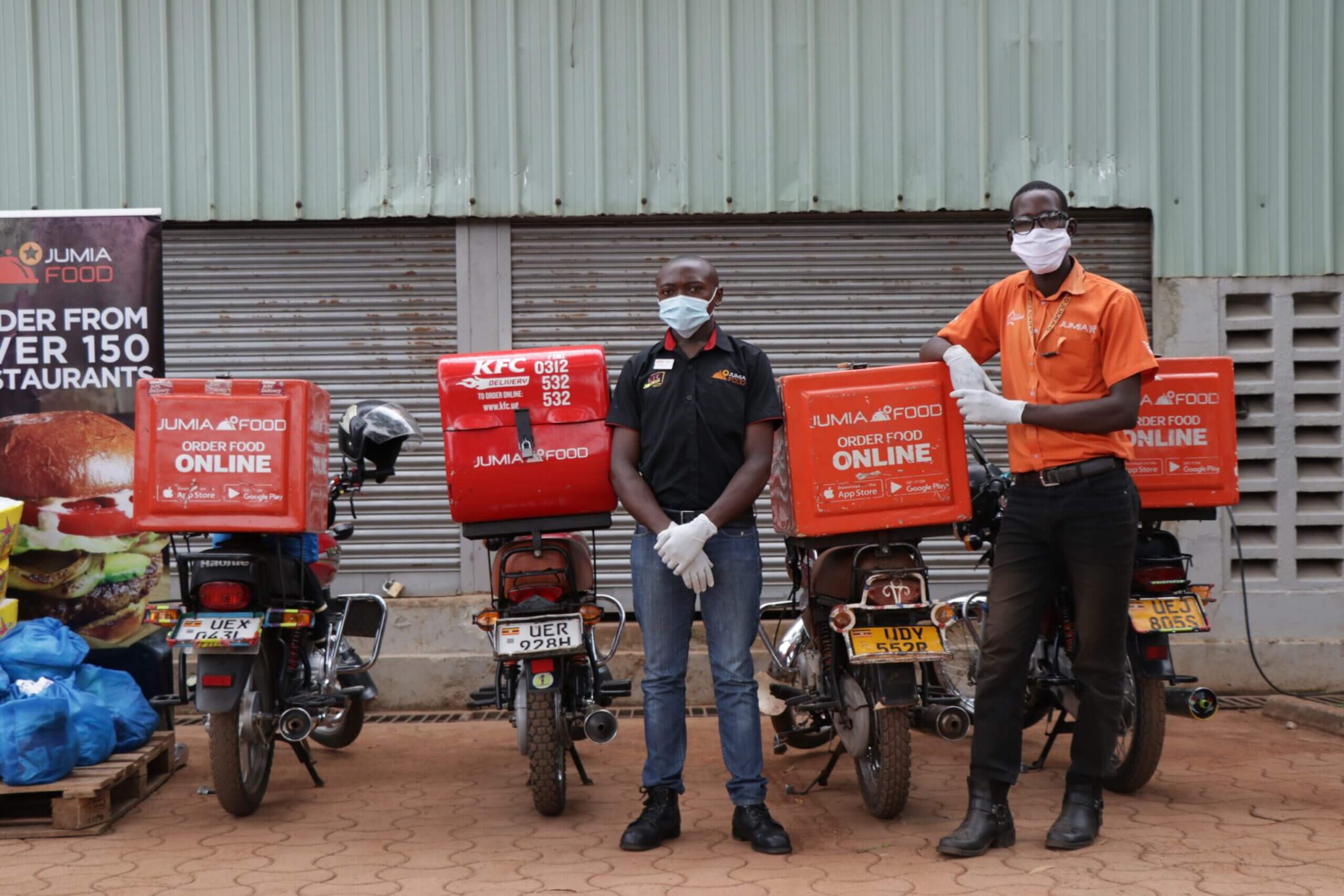

What does drinking cucumber water do for you? It improves digestion and…
We will examine the triggers, causes, and treatment for sciatica in this…
This article provides some very helpful tips that will help you get…
Consider these 5 sugar substitutes if you want to cut back on…
Although it's not recommended for everyone, fish soup can be healthy and…
Coronavirus cases in Uganda have risen from 248 to 260 after confirmed…
In this post, you'll find some of the best low calorie fruits…
Hibiscus tea has long been consumed by people all over the world.…


Confirmed
0
Death
0
Zafaran, who last month signed a contract with Swangz Avenue, released a song entitled 'Sweetheart' under the label. KAMPALA | LIFESTYLE UGANDA (https://lifestyleuganda.com/) —Following her signing with Swangz Avenue last month, Zafaran released her very first song under the label called Sweetheart. Known by her real name Josephine Nakyoonyi, Zafaran was unveiled by Swangz Avenue on 18th March 2022 as one of their latest additions. The song is Zafaran's first release since joining Swangz. She showcases some of her best vocals in this powerful song as well as her lyrical maturity. Zafaran has officially launched her career with the new single written by Dokta Brain and produced by Bomba, which speaks of her unending love for her intimate handsome ''sweetheart''. It is also an upbeat dance track. With its beautiful harmonies and the countless bridges, interludes, and progressions in the song, the song establishes a new generation of musicians with tons of technical ability behind their creativity. Gabriel Kyambadde directed the video for 'Sweetheart' which is simple and colourful with Zafaran expressing her love through her movements. In addition to the costumes that showcase Africa's colourful and diverse culture, the choreographers add spice to the visuals.
Dokolo MP Cecilia Ogwal has passed away at the age of 77 due to cancer in an Indian hospital on January 18, 2024, as confirmed by her brother Alfred Opio.…
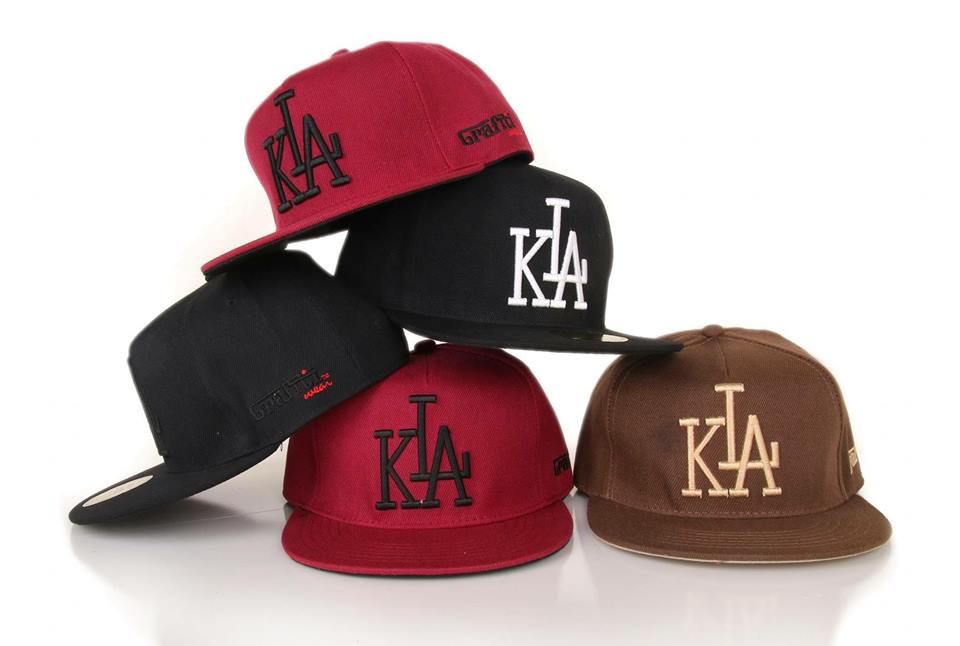



Subscribe to our newsletter to get our newest articles instantly!


Sign in to your account